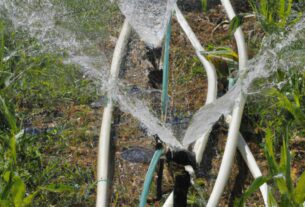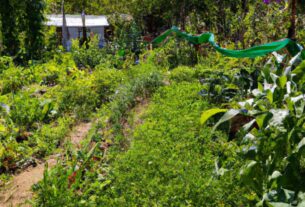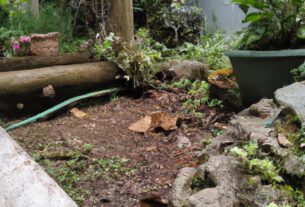Water is the lifeblood of our planet, yet its scarcity is an alarming issue that affects millions around the world. With less than 1% of Earth’s water available for human consumption, it is crucial that we prioritize water conservation. In this comprehensive guide, we will delve into the significance of water conservation, explore its causes, ways to conserve water, and the multitude of benefits it brings. Join us as we embark on this journey to unleash the power of conservation and preserve our most precious resource.
Causes of Water Scarcity
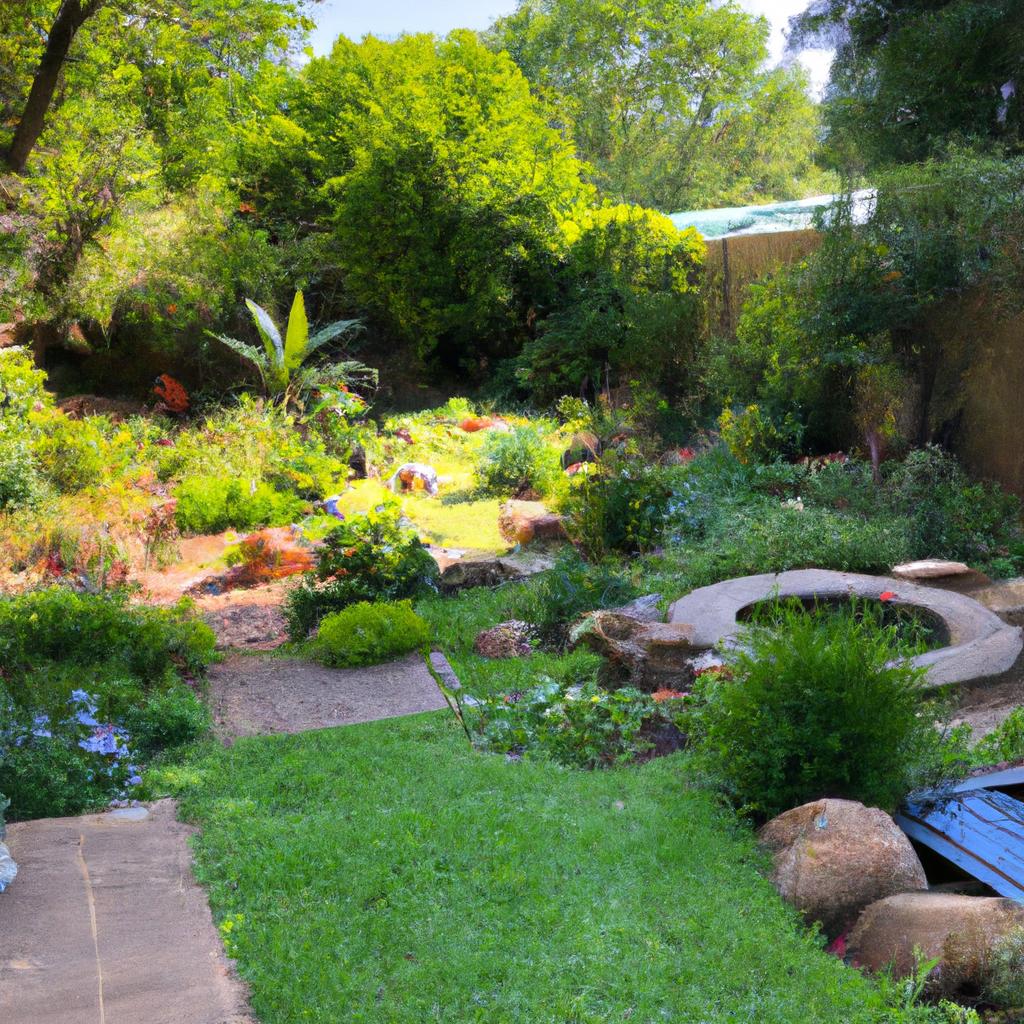
Climate Change
Climate change stands as one of the primary drivers of water scarcity. Rising global temperatures have led to altered precipitation patterns, resulting in more frequent and severe droughts in various regions. Prolonged droughts in countries such as South Africa, Ethiopia, and Somalia have wreaked havoc, causing crop failure, livestock deaths, and severe water shortages.
Population Growth
As our world’s population continues to grow, the demand for water escalates, placing tremendous pressure on available water resources. This increased demand for domestic, industrial, and agricultural purposes leads to the overexploitation and depletion of rivers, lakes, and aquifers.
In the following sections, we will explore effective ways to conserve water and the array of benefits to be gained.
Ways to Conserve Water
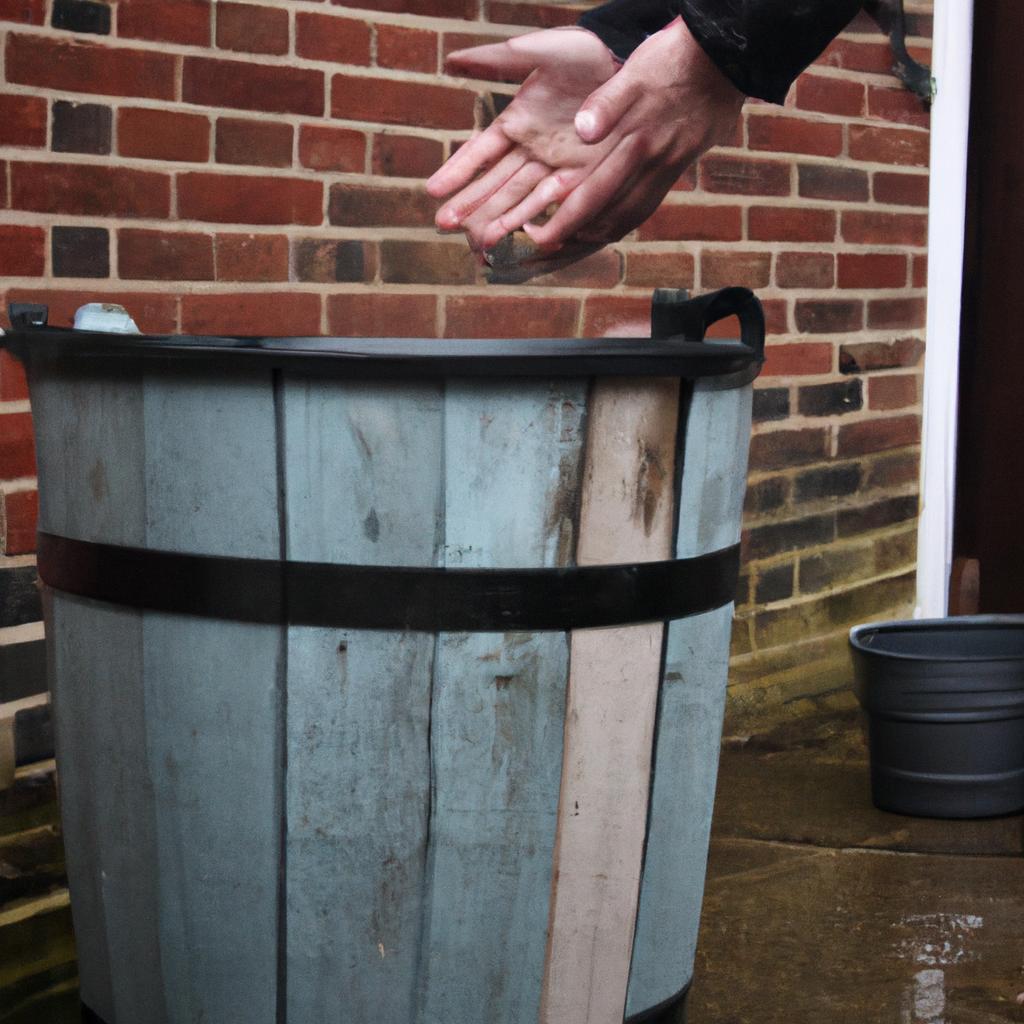
Water conservation involves the responsible use of water and the reduction of wastage. Here are some practical methods to conserve water:
Fixing Leaks and Drips
Leaky faucets, pipes, and toilets waste an astonishing amount of water. A seemingly innocent dripping faucet can waste up to 3,000 gallons of water per year. By repairing these leaks and drips, we can conserve water and save money on our water bills.
Installing Water-Efficient Appliances
Water-efficient appliances, such as low-flow showerheads, faucets, and toilets, play a pivotal role in reducing water usage at home. For example, a low-flow showerhead can save up to 2.5 gallons of water per minute, while a low-flow toilet can save a staggering 13,000 gallons per year.
Using Water Responsibly
Every individual can contribute to water conservation by using water responsibly in their daily lives. Simple actions like turning off the tap while brushing your teeth, taking shorter showers, and using a broom instead of a hose to clean driveways and sidewalks can make a significant impact on saving water.
Benefits of Water Conservation
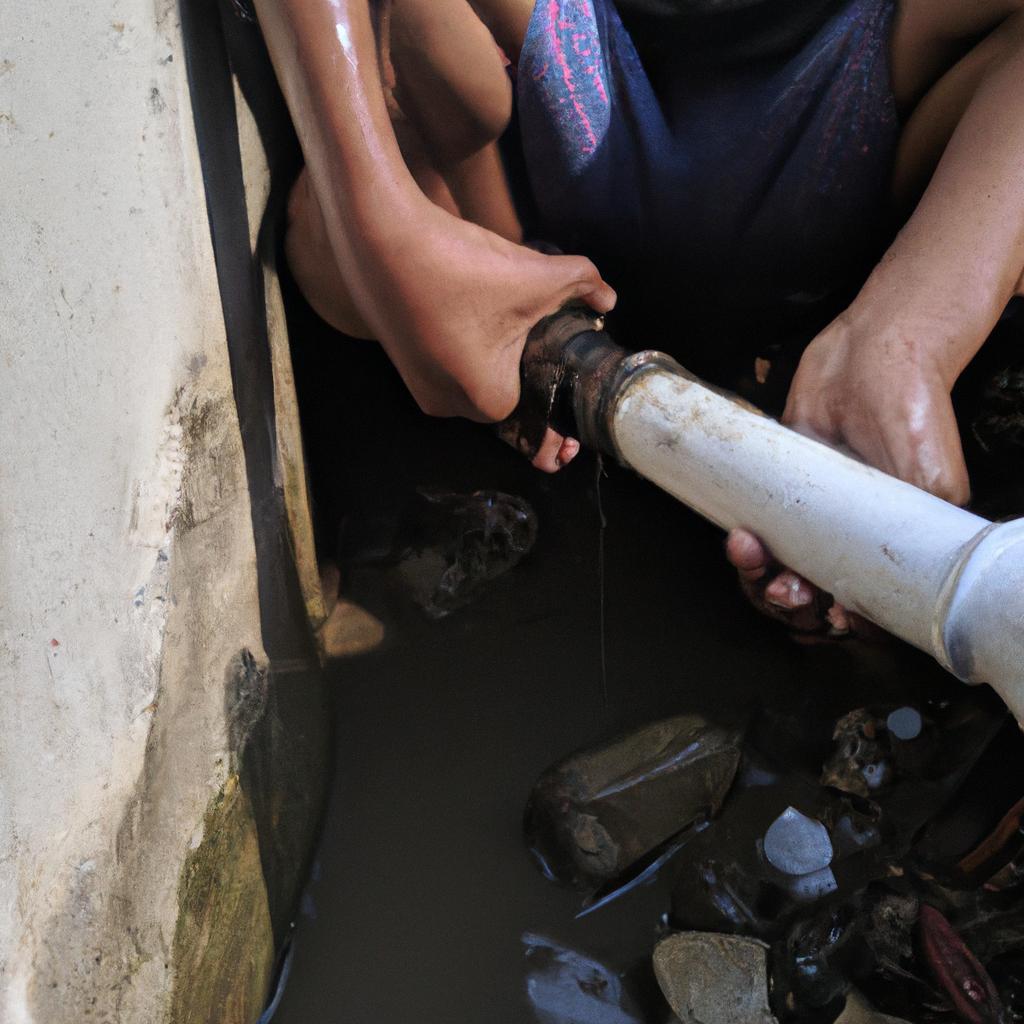
The benefits of water conservation are far-reaching and impactful. Let’s discover a few:
Environmental Benefits
Conserving water helps protect our environment by reducing the demand for water extraction from rivers, lakes, and aquifers. This aids in maintaining the ecological balance of these water bodies and safeguarding aquatic life.
Economic Benefits
Water conservation offers economic advantages as well. It reduces the cost of water treatment and distribution, resulting in lower water bills for consumers. Additionally, it creates new employment opportunities within the water conservation industry.
Now, let’s explore the challenges that hinder the implementation of water conservation practices.
Challenges in Water Conservation
Despite the undeniable benefits, water conservation faces certain obstacles:
Lack of Awareness
One of the primary challenges lies in the lack of awareness among the general public. Many people fail to grasp the importance of conserving water, making it difficult to promote water conservation practices and implement supportive policies.
Limited Resources
Water conservation requires essential resources, including technology, funding, and skilled personnel. However, in many regions, these resources are scarce, making effective implementation challenging. This is particularly true for developing countries that lack the financial and technological means required for successful water conservation practices.
In conclusion, water conservation is a critical endeavor that demands our immediate attention. By employing simple yet impactful measures in our daily lives, such as fixing leaks, using water-efficient appliances, and embracing responsible water usage, we can bring significant positive change. Every drop of water we save contributes to a sustainable future. Together, let’s embark on this journey of water conservation and secure a better world for generations to come.
To learn more about water conservation and explore innovative products, visit TooLacks.

